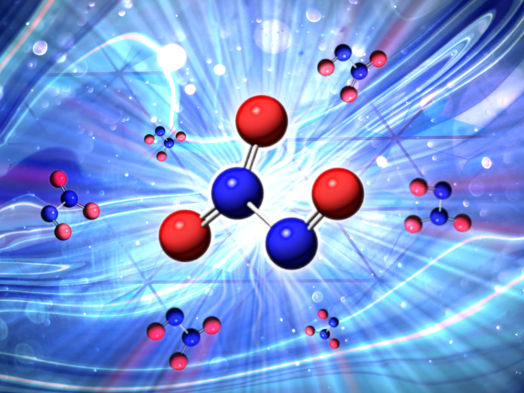MORPHOSYS AND PROCHON ANNOUNCE MILESTONE
MorphoSys AG (Neuer Markt: Mor) and ProChon Biotech Ltd. announced today the accomplishment of the first milestone in their collaboration which started in June 2000. MorphoSys has delivered a series of human HuCALâ antibodies which proved to block the function of the ProChon target. The target is a human growth factor receptor associated with various skeletal disorders, including Achondroplasia, the most common form of human dwarfism, as well as certain cancers. ProChon will be responsible for further pre-clinical evaluation of the HuCALâ antibodies.
"HuCALâ exceeded our expectations", said Avner Yayon, Chief Scientific Officer, ProChon Biotech, "We are very satisfied with getting the first excellent drug candidates in only four months. This progress is the result of the productive interaction between the highly motivated scientific teams of both companies. Assuming positive results from the pre-clinical test phase, the HuCALâ antibodies should move into clinical testing within the next 24 months."
"We are proud of being able to deliver several HuCALâ antibodies which meet the success criteria in a very short time period, and we look forward for a successful next phase with ProChon" commented Thomas von Rueden, Chief Scientific Officer, MorphoSys AG, "This project provides an excellent illustration of our ability rapidly to deliver specifically tailored antibody drug candidates."
The collaboration with ProChon is one of six new agreements entered into by MorphoSys this year. The company’s accelerated deal flow illustrates successful execution of its strategy to maximize the uptake of HuCALâ as a source of therapeutic antibodies.
MorphoSys develops and applies innovative technologies for the production of synthetic antibodies which accelerate drug discovery and target characterization. Founded in 1992, the Company's proprietary Human Combinatorial Antibody Library (HuCAL) technology is used by researchers world-wide for human antibody generation. The Company currently has licensing and research collaborations with Bayer (Berkeley, California/USA), Roche AG (Basel/Switzerland), DuPont Pharmaceuticals (Wilmington, Delaware/USA), Millennium (Cambridge, Mass/USA), Chiron (Emeryville, California/USA), GPC Biotech AG (Munich/Germany) ProChon Biotech (Rehovot/Israel), Eos Biotechnology (South San Francisco/California/USA) and ImmunoGen (Cambridge, Mass/USA).
ProChon Biotech Limited is devoted to the discovery, development and commercialisation of novel treatments for various inherited and acquired skeletal disorders caused by altered activity of Fibroblast Growth Factors and their receptors. These include short-limbed dwarfism, benign and malignant tumours of bone and cartilage, inflammatory diseases of the joints, bone fractures and cartilage repair. ProChon‘s development strategy and projects are aimed at modulating receptor activity at multiple potential sites including growth factor – receptor interaction, gene expression, translation and downstream signal transduction. ProChon has developed a broad technology platform of cell-based HTP screening assays, organ culture and animal models for various skeletal disorders, to enable rapid screening, targeting and testing of potential drug candidates.
Statements included in this press release which are not historical in nature are intended to be, and are hereby identified as, “forward-looking statements” for purposes of the safe harbour provided by Section 21E of the Securities Exchange Act of 1934, as amended by the Private Securities Litigation Reform Act of 1995. Forward-looking statements may be identified by words including “anticipates”, “believes”, “intends”, “estimates”, “expects” and similar expressions. The company cautions readers that forward-looking statements, including without limitation those relating to the company’s future operations and business prospects, are subject to certain risks and uncertainties that could cause actual results to differ materially f











































